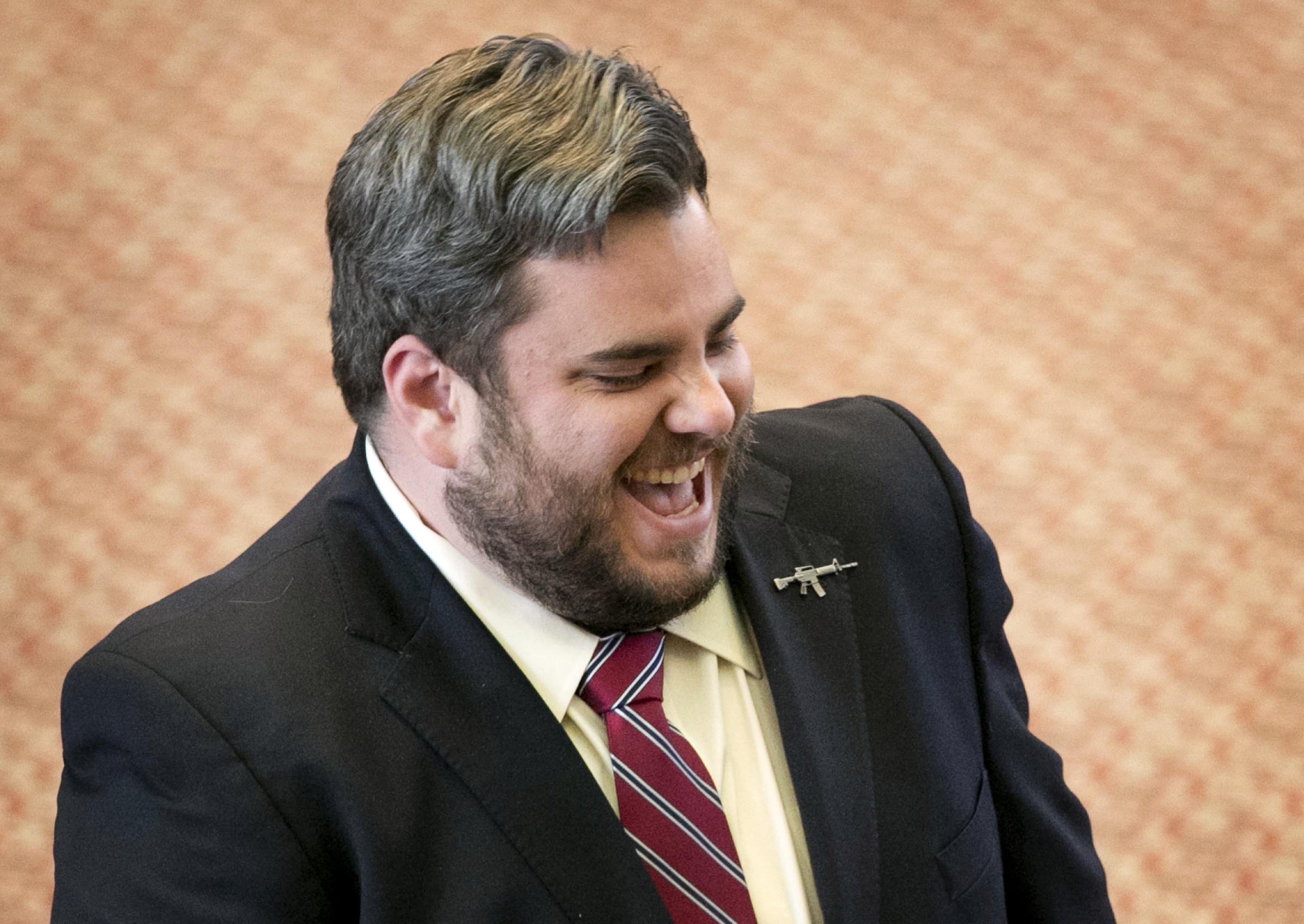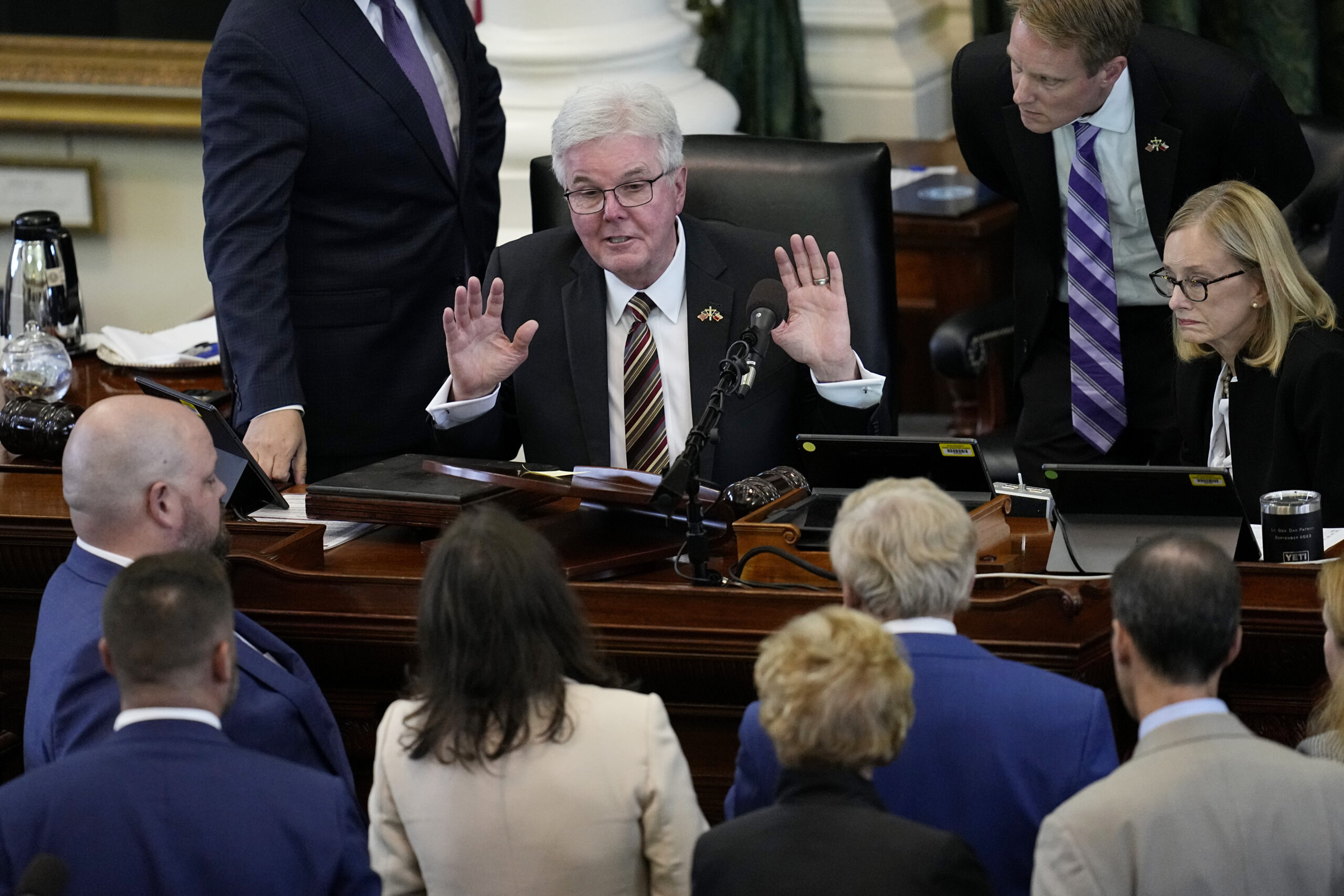
‘Practicing Medicine without a License’: Senate Takes Testimony on Abortion Bill

A Senate hearing today on a bill that would restrict use of RU-486, the so-called abortion pill, felt almost perfunctory. There was very little discussion, much less debate. Senators asked few questions of those who came to testify.
Sen. Jane Nelson, the Republican who chairs the health and humans services committee, delayed public testimony until late in the afternoon. The lack of drama was unusual for legislation that would further restrict abortion rights. Senate Bill 97, authored by Sen. Dan Patrick, the Houston Republican who carried last session’s controversial sonogram bill, adds new restrictions to the use of “abortion-inducing drugs.”
Doctors would have to administer the drugs in-person as well as schedule a follow-up visit to occur with the same doctor within two weeks—a burden on women living in rural parts of the state where doctors and abortion clinics are scarce. Like last session’s pre-abortion sonogram law, SB 97 would add another scheduling burden by requiring the same doctor to be present at multiple appointments.
In addition, the bill requires that the doctor administering the drug have a contract with a second doctor who “agrees to treat emergencies arising from the administration or use of the drug.”
Patrick has said he is only concerned about the well-being of women and improving the doctor-patient relationship. However, there’s no doubt that the legislation would make it more burdensome to get an abortion in Texas, placing the proposal firmly in the crucible of abortion politics.
Patrick, a conservative radio talker, let his three invited guests do most of the talking today. Two of them were young women who shared similar, painful stories about their experiences taking RU-486, subsequent depression and guilt over their abortions, “post-abortion healing” and conversion to pro-life activism.
“Let me begin by saying I’m post-abortive,” said Sarah, one of the women.
When they were finished, Patrick offered that he filed SB 97 “so women don’t have to go through these experiences.”
The theme of RU-486-as-instrument-of-horror was sounded again later by Tama Chunn, a veteran anti-choice activist from Houston. Women, she told the committee, are “often sent home to expel the baby and have occasion to see their dead child in that process and it’s very traumatic for them.”
But Dr. Al Gros, an OB/GYN, blasted SB 97 as medically and scientifically-unsupportable. “Essentially this is the Legislature practicing medicine without a license.” The legislation, he added, is “badly drafted and a dangerous precedent to set.”


